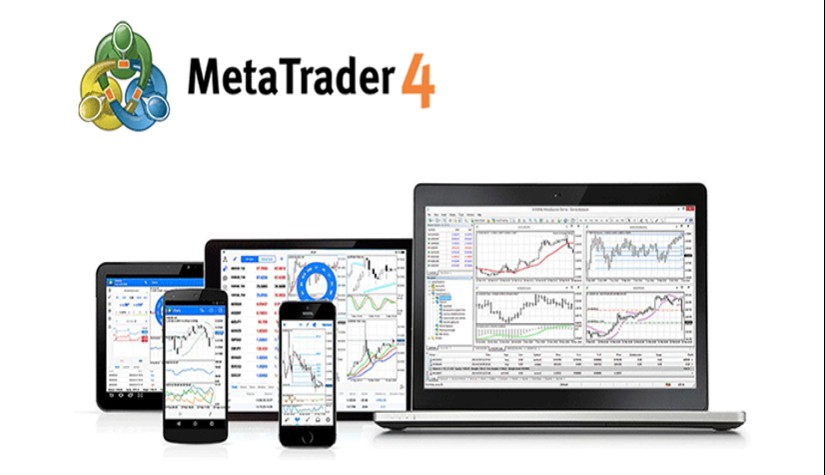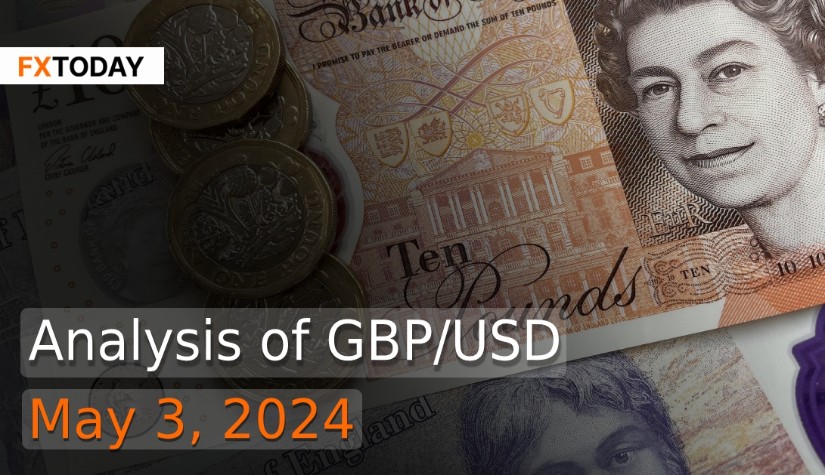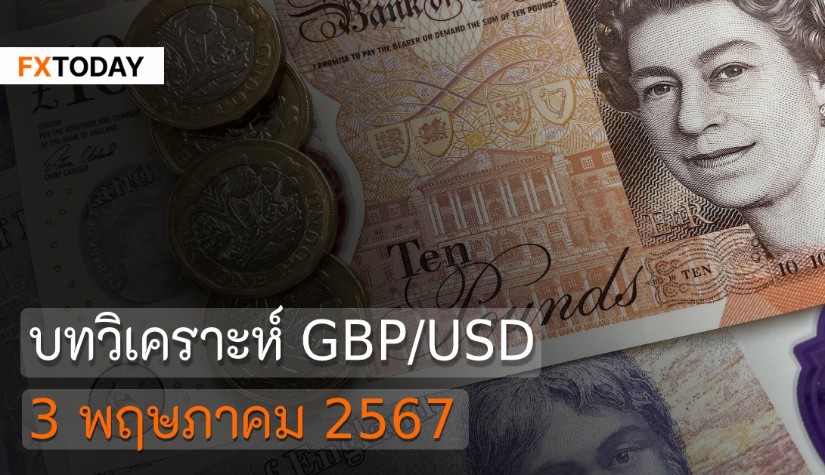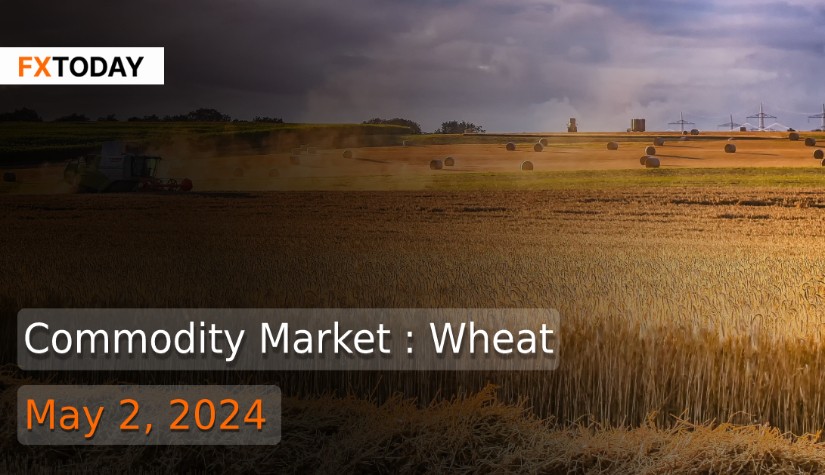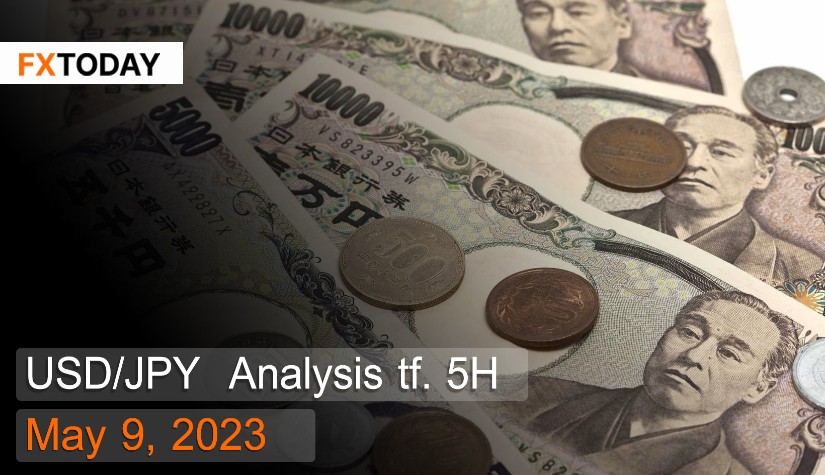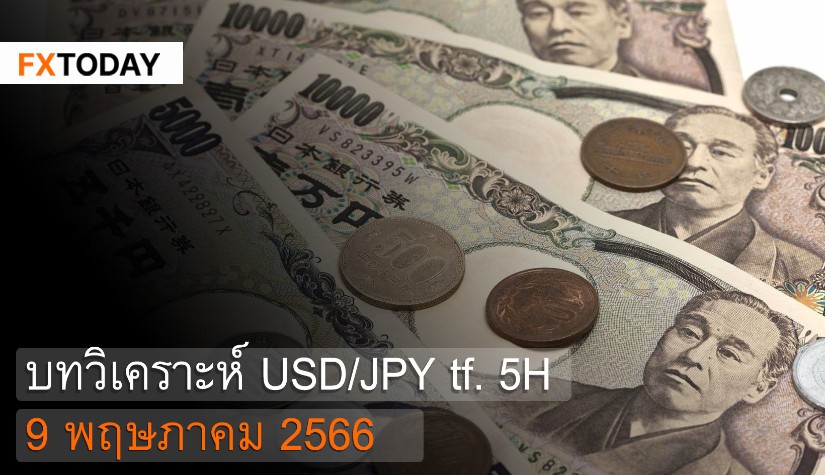In Forex trading, it is crucial to understand various aspects of terminology to understand trading strategies. One unfamiliar term to many is "Currency Correlation," which has the potential to improve trading strategies. This article will cover the meaning of currency correlation and its significance in Forex trading.
How Does Currency Correlation Work?
Currency correlation in the Forex market is a technical analysis indicator that shows the relationship between currency pairs. It demonstrates the connection between the values and movements of currencies. When two currency pairs move together, it suggests a positive correlation between them. Conversely, when two currency pairs move in opposite directions, indicating one pair is strengthening while the other is weakening, it shows a negative correlation between them. In addition, if two currency pairs move without any noticeable correlation, it suggests no correlation.

To represent the correlation between two currency pairs, numerical values and symbols (+ and -) are used, with the correlation coefficient ranging from -1 to +1. A higher correlation coefficient indicates a stronger relationship between currency pairs or similar movements, while a lower correlation coefficient indicates a weaker relationship between them. However, currency correlation can change over time and is influenced by various factors.
What Does Currency Correlation Indicate?
Having a good grasp of currency correlation is crucial for traders since it can have a direct impact on the outcomes of Forex trading. It can provide insights into potential profit opportunities and help traders reduce risk when opening buy positions. During times of increased market volatility, understanding currency correlation becomes even more essential for developing effective trading strategies.
Why Do Currency Pairs Have Positive or Negative Correlations?
The relationship between currency pairs, whether positive or negative, has a direct impact on the outcome of forex trading. This is because currency pairs reflect the basic relationships between each country, including their association with the US dollar (USD), economy, politics, variations in monetary policy, modifications in central bank policy, international relations, prices of consumer goods, and other such factors.
Furthermore, currency correlation is always changing, and a strong correlation today does not ensure the same correlation in the future. As a result, examining long-term correlations and consistently monitoring various news and information is crucial to gaining a better perspective.
Which Currency Pairs Have the Highest Correlation?
Currency pairs that share strong correlations are often those of countries with close economic ties. For instance, the EUR/USD and GBP/USD pairs commonly exhibit a positive correlation due to the proximity and reserve currency status of the Euro (EUR) and the British Pound (GBP) economies. These currencies are frequently held as reserve currencies globally, making them highly influential in Forex trading.
Commodities and Currency Correlation
The value of certain currencies can be influenced not only by other currencies but also by the prices of goods and consumer products. This is particularly true for countries that are major exporters of consumer goods. For instance, the Canadian dollar's (CAD) value is often positively correlated with the price of oil. If the price of oil rises, the value of the Canadian dollar typically also increases.
Conclusion
Understanding currency correlation is crucial for Forex traders since it directly affects trading outcomes. Positive or negative correlations between currency pairs reflect the fundamental relationships between different countries, including their economies, politics, and monetary policies.
______________________________
Maximize your knowledge: Blog
Keep up to date on global events: News
Updated
11 months ago
(Apr 25, 2023 16:47)







